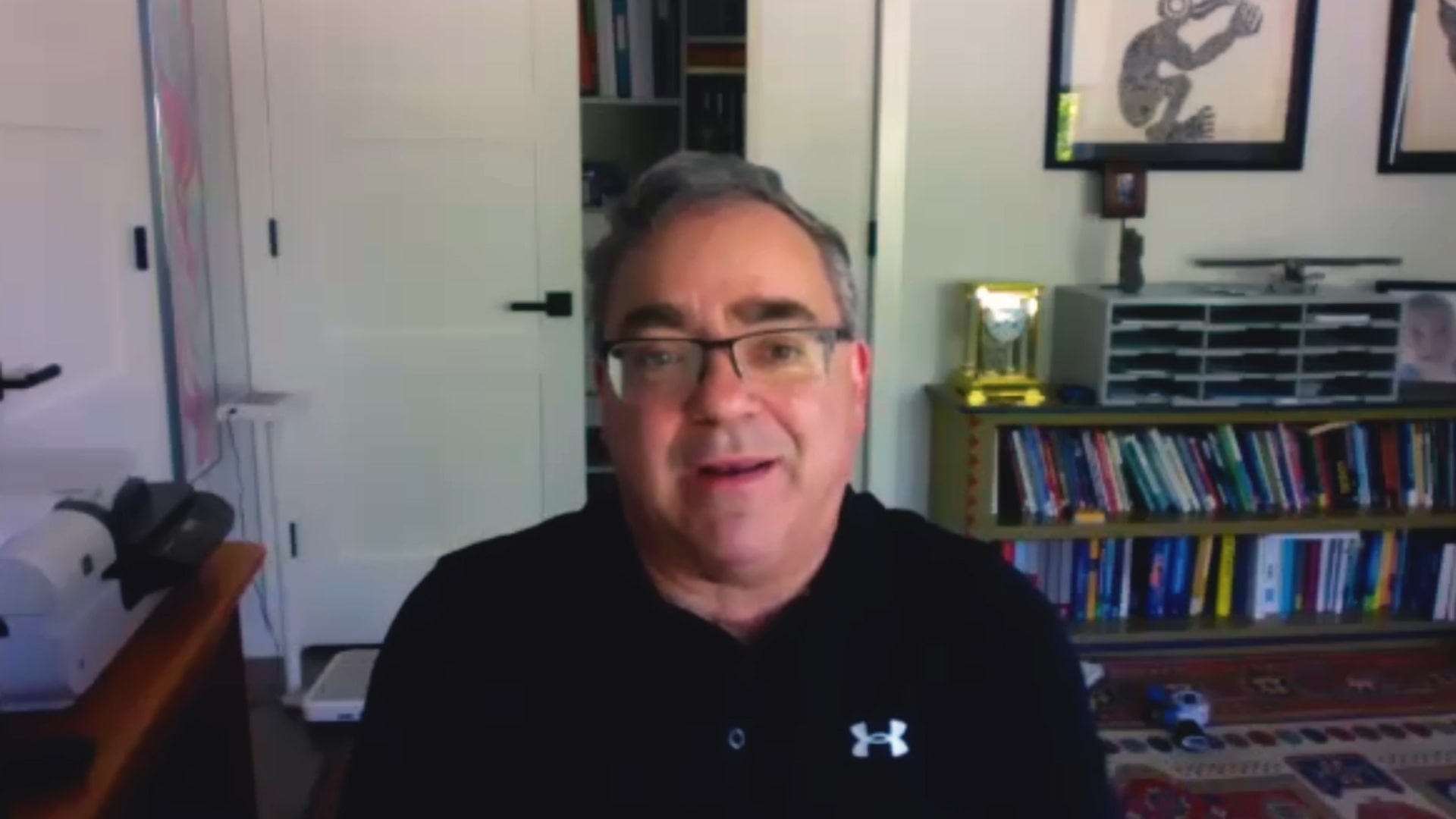
Hedging Fuel
Former CEO at Spirit Airlines
inpractise.com/articles/airlines-hedging-fuel-costs
Why is this interview interesting?
- How airlines will think about hedging fuel costs as demand begins to recover post-crisis
Ben Baldanza
Former CEO at Spirit Airlines
Interview Transcript
The other thing I found interesting is about Southwest, for example. They seem to hedge far more fuel than Delta and American and the other airlines? Do you think Southwest could be better positioned, or those that hedge fuel at these levels, anyway, would be benefiting the larger airlines?
Southwest isn’t a real active hedger today. They have been, historically, certainly and they have benefited from that. I think hedging, today, is problematic for airlines. Let me tell you why. Certainly, they would love to lock in the prices of today. I think we even had one day where fuel was at a negative price. But here’s the challenge with a hedge – you need a counterparty for a hedge. For a hedge, you have to have someone who believes differently from you. When you believe the price is going to go up, so you want to pay to protect that, they believe the price is going to go down, so they’re not at risk of having to pay. There’s no place for fuel to go, right now, except up. What it would cost to hedge today, is probably prohibitive for most airlines. To get someone to take the other side of the hedge, meaning I will pay you, if the prices rise too much, you’d have to believe that someone believes that they’re not going to rise that much. But there’s no place for them to go, except up.
I think it’s going to be problematic in that, while there might be plenty of institutions that would be willing to be the counterparty for you, when oil is $80 a barrel or £60 a barrel, but when oil prices are at real lows and it can only go up, there’s probably very few people who would be willing to take the other side of that hedge and they would charge an enormous amount, right at a time when an airline wants to preserve its liquidity. An airline doesn’t want to be spending money on anything speculative. They’re paying people, to keep them around; they’re losing money on flights they’re flying. They’ve got planes on the ground. They’re losing millions of dollars a day, big airlines, and they don’t know how long this is going to last, so they’re managing liquidity.
The CFO of American Airlines said, our sole focus, right now, is on liquidity. I imagine the airlines are, actually, thinking of a few other things. But maybe him, as the CFO, that should be his sole focus. You have hedging at a time when it’s going to be more expensive than it’s ever been, at a time when airlines don’t want to spend discretionary cash. That’s why I don’t see the industry being able to think long range enough, now – even a Southwest – to be able to say, let me lock in these fuel prices.
I know it’s very hard to calculate and these are moving variables and targets but, at what price do you start thinking yourself, as a low-cost carrier airline CEO, right, I’m going to start hedging fuel here?
I think they don’t think they’re going to start hedging fuel until they have a sense of what the demand recovery looks like. They will say, until then, I can’t predict my revenues and until I can predict my revenues, I can’t do anything with my cash, but hoard it. Once I can start predicting revenues, then I can start thinking about, okay, how do I use my cash most efficiently and that’s when they’ll think about hedging. Every airline would love to lock in current rates, for the next five years; they just can’t afford to do that. The issue is, they will be comfortable looking at that again, once they get comfortable that they understand what that ramp to recovery looks like.
Copyright Notice
This document may not be reproduced, distributed, or transmitted in any form or by any means including resale of any part, unauthorised distribution to a third party or other electronic methods, without the prior written permission of IP 1 Ltd.
IP 1 Ltd, trading as In Practise (herein referred to as "IP") is a company registered in England and Wales and is not a registered investment advisor or broker-dealer, and is not licensed nor qualified to provide investment advice.
In Practise reserves all copyright, intellectual and other property rights in the Content. The information published in this transcript (“Content”) is for information purposes only and should not be used as the sole basis for making any investment decision. Information provided by IP is to be used as an educational tool and nothing in this Content shall be construed as an offer, recommendation or solicitation regarding any financial product, service or management of investments or securities.
© 2026 IP 1 Ltd. All rights reserved.


